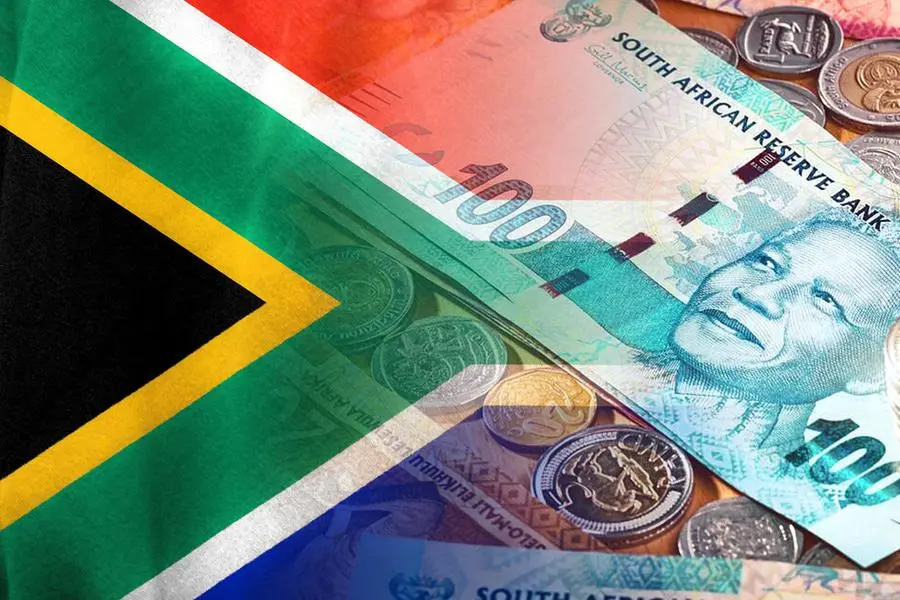PHOTO
South Africa’s central bank chief said that adopting an African currency was a political project that was unlikely to succeed as it was difficult to attain "macroeconomic convergence".
Kganyago made the remarks on Tuesday evening during a wide-ranging interview with South Africa's Metro FM radio on Tuesday evening, Bloomberg News reported.
The governor said it would require similar levels of inflation, debt, consistent fiscal policies and banking rules among nations on the continent. “Absent those, it’s impossible,” he said.
“What do you need to have an African currency? You need to have macroeconomic convergence,” he said.
Kganyago also said plans by the leaders of the BRICS group of nations which comprises Brazil, Russia, India, China and South Africa to have a common currency would require a fiscal union such as the European Union.
“If the BRICS political leaders say that is where they are going... you’ll have to get a fiscal union, you’ve got to get macro-economic convergence,” Kganyago said. “And importantly, you need a disciplining mechanism for countries that fall out of line with it. And the euro project demonstrated just that.”
In May this year, Kganyago said a currency issued by a bloc of countries that are in different geographical locations was difficult to attain "because currencies are national in nature.”
Naledi Pandor, the foreign minister of South Africa, which is preparing to host a summit of the bloc’s leaders in August, has said that the feasibility of introducing a common currency will be discussed at the meeting.
In June, the foreign ministers of Brazil, Russia, India, China, and South Africa met in Cape Town to prepare for the from August 22 to 24 summit in Johannesburg, and the use of alternative currencies was one of the major talking issues.
Senior officials in BRICS have floated the feasibility of introducing a common currency in response to the fallout from higher interest rates in the US, as well as the use of the dollar as a sanctions instrument by Washington.
Several countries have applied to join the BRICS ahead of the summit, including the United Arab Emirates, Saudi Arabia, Iran, Egypt, Algeria, Indonesia, Bahrain, Iran, Nigeria, Mexico and Argentina.
(Editing by Seban Scaria seban.scaria@lseg.com)




















